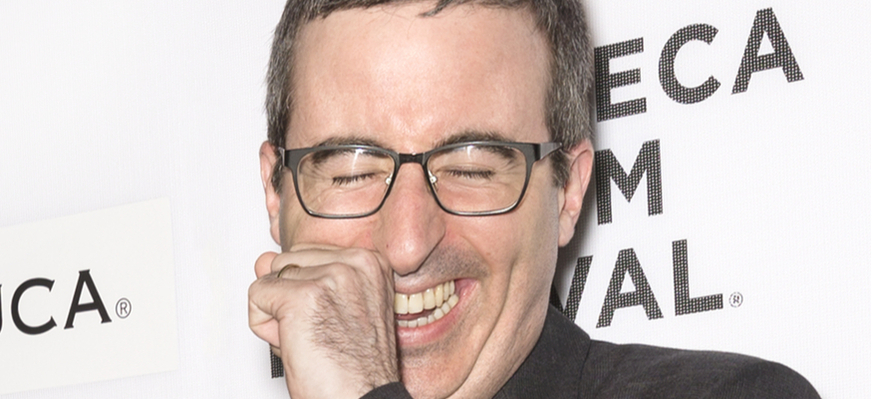Is there any doubt our federal government is fiscally irresponsible? With the national debt exceeding 28T and the debt-to-GDP ratio greater than 100% (with no end in sight) the answer is an obvious NO. But how close are we to the tipping point? No one knows for sure.
In an excellent book, A Fiscal Cliff, John Merrifield, an economist at the University of Texas states:
The leading edge of default is already visible. It can become a real default if the likely effects of the monetary expansion needed to make payment deadlines are seen as unacceptable. Rising interest rates will be both a cause and effect of increasingly unsustainable federal fiscal circumstances.
But there is no national consensus on a solution.
I was reminded of that recently when a family member told me that he was not concerned about the debt level. Initially taken aback, I had naively assumed that everyone shared that concern.
I suggested the person read the book mentioned above. It provides a series of essays from multiple perspectives on the problem and possible solutions, and in a non-partisan way. After all, our fiscal mess is non-partisan. Both parties are to blame. It will require a bi-partisan solution.
In response, he suggested that I watch this 20-minute video by John Oliver. An overtly partisan comedian. Putting aside my initial reaction to that, I watched the video as I was interested in how this content had influenced this person’s opinion.
Ignoring the partisan attacks, I mostly agreed with his substantive arguments. But he ignored many factors.
Oliver implies that growth rates in the economy will always be greater than interest rates, so no need to worry about the debt, or a continual rise in the debt-to-GDP ratio. He ignored completely how direct payments (Social Security, Medicare, etc.) are driving structural deficits. There was no mention of how the budgeting process at the federal level is completely broken.
On both the left and the right, the tendency is to only consume information that supports your particular worldview. The fiscal mess in DC is non-partisan. It will take a national consensus to force politicians to act. They will not do it on their own.
That leads me to the main point: how an Article V convention can be a vehicle to help achieve that consensus and bring us back from the precipice.
Based on how the process works and the resolution that authorizes the convention to debate, for instance, a balanced budget amendment, the convention would drive a national debate that is long overdue.
Kurt Couchman, another contributing economist to A Fiscal Cliff, illustrates this point when he says:
A well-crafted balanced budget amendment to the Constitution can succeed politically and as policy…and ratification in state legislatures would establish a national consensus that getting to balance in a reasonable period is the appropriate fiscal goal.
Congress and our politicians in both parties have proven they will not address this issue. They are not motivated to do so, only to get reelected. It is up to us.
An Article V Convention of States is a constitutional, safe and practical method to rein in an out-of-control federal government. It is a method our Founders gave us to put Congress, the executive branch and the judiciary back in their constitutional box.
And it is perhaps the only way we will ever get consensus on putting our fiscal house in order.
Jeff Groh resides in western North Carolina and is a small business owner. He is also a Regional Captain for the Convention of States Project, a non-partisan effort to rein in the expanding role of the federal government.






